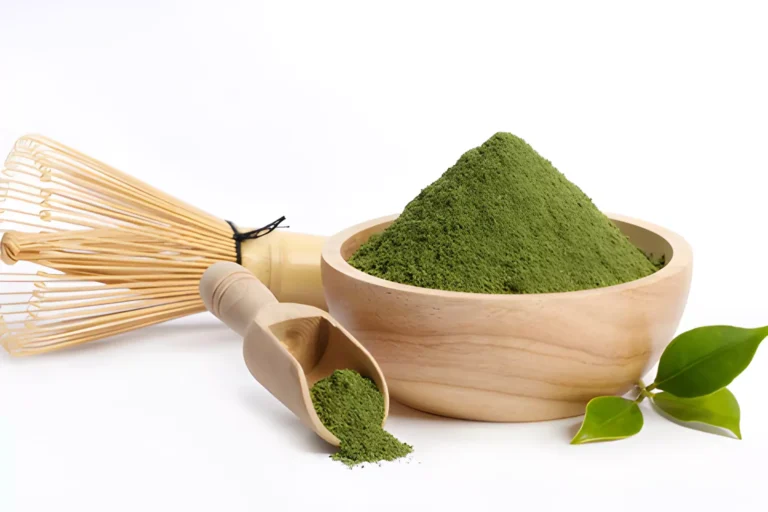10 Best Onion Powder Substitutes and How to Use Them
Onion powder is a versatile spice used in countless dishes, from soups and stews to meats and vegetables. It adds a rich, savory flavor to food and enhances the taste of many dishes. However, if you run out of onion powder or don’t have any on hand, there are several other ingredients that you can use as substitutes.
This article will discuss the 10 best onion powder substitutes and how to use them. We will also cover why you might need alternatives for onion powder and how to make your onion powder at home.
Why You Need Alternatives for Onion Powder
Onion powder is a convenient and flavorful ingredient, but there are several reasons why you might need or prefer to use substitutes. Here are a few common scenarios:
- Out of Onion Powder: When you’re in the middle of cooking and realize you’re out of onion powder, don’t panic. There are plenty of substitutes that can save the day.
- Dietary Restrictions: For individuals with allergies or sensitivities to onions, onion powder substitutes can provide a great alternative without compromising taste.
- Flavor Preferences: Onion powder has a distinct flavor profile, and you may want to explore other options that can add different nuances to your dishes.
Best Onion Powder Substitutes (Dried and Fresh Onion)
Many different onion powder substitutes are available, each with its unique flavor and texture. Some of the most common onion powder substitutes include:
1. Dried Onion Flakes
Dried onion flakes are made from dehydrated onion slices. They have a flavor profile similar to onion powder but offer a slightly crunchy texture. These flakes are an excellent substitute for onion powder in soups, stews, sauces, and breading.
To use dried onion flakes as a substitute for onion powder, use the same amount of the flakes as you would onion powder. For example, if a recipe calls for 1 tablespoon of onion powder, use 1 tablespoon of dried flakes.
2. Granulated Onion
Granulated onion is a finer form of dried onion that resembles coarse sand. It has a more concentrated flavor than onion powder and is often used in marinades, rubs, and salad dressings. Granulated onion is a great substitute for onion powder in dishes where you want a strong onion flavor.
To use granulated onion as a substitute for onion powder, use 1 teaspoon of granulated onion for every 1 tablespoon.
3. Garlic Powder
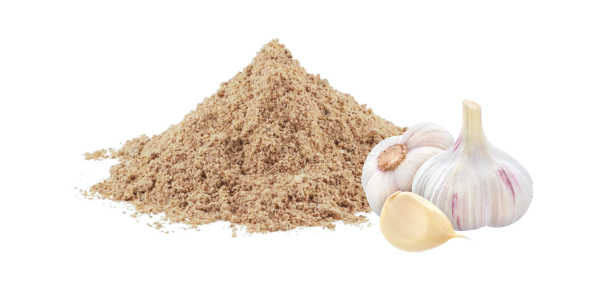
While not a direct substitute for onion powder, garlic powder can add a similar savory note to your dishes. Garlic powder is the best substitute for onion powder in dishes such as meats, vegetables, and pasta sauces.
To use garlic powder as a substitute for onion powder, use ½ teaspoon of garlic powder for every 1 tablespoon.
4. Jarred Minced Onion
Jarred minced onion is a finely ground form of onion that resembles a powder. It has a milder flavor than onion powder and is often used in soups, stews, and sauces. It is an excellent substitute for onion powder in dishes where you want a subtle onion flavor.
To use jarred minced onion as a substitute for onion powder, use 1 teaspoon for every 1 tablespoon of onion powder.
5. Celery Seed
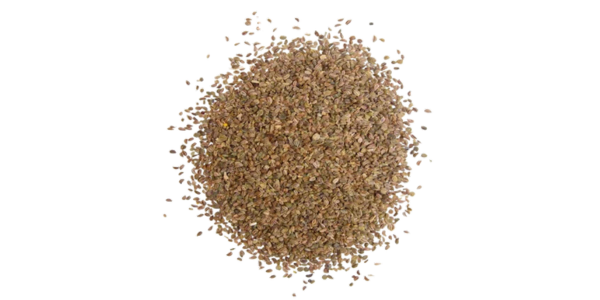
Celery seeds have a slightly earthy and peppery flavor that can add complexity to dishes. Celery seeds are not a direct substitute for onion powder but can enhance savory dishes. Celery seeds are a great substitute for onion powder in soups, stews, and sauces.
To use celery seed as a substitute for onion powder, use ¼ teaspoon of celery seed for every 1 tablespoon of onion powder in the onion recipe.
6. Onion Salt
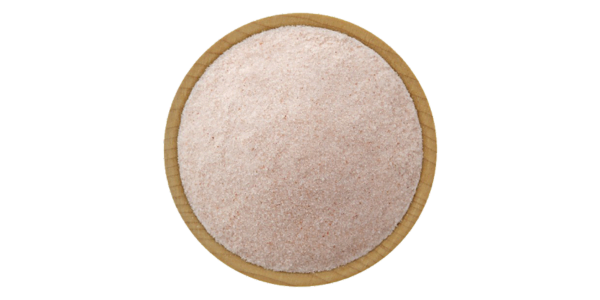
Onion salt is a mixture of finely ground onion powder and salt. It has a saltier flavor than onion powder and is often used in seasoning meats, vegetables, and popcorn. To use onion salt as a substitute, use ¾ teaspoon of onion salt for every 1 tablespoon of onion powder.
7. Onion Paste
Onion paste is a concentrated paste made from cooked and blended onions. It has a strong, pungent flavor and is often used in curries, stir-fries, and other Asian-inspired dishes. To use onion paste instead of onion powder, use 2 teaspoons for every 1 tablespoon of onion powder.
8. Shallots
Shallots are close relatives of onions but have a milder and sweeter flavor. They can be used fresh or dried as a substitute for onion powder.
To use fresh shallots in place of onion powder, use 2 tablespoons of minced shallots for every 1 tablespoon of onion powder.
To use dried shallots in place of onion powder, use 1 teaspoon of dried shallots for every 1 tablespoon of onion powder.
9. Chopped Chives
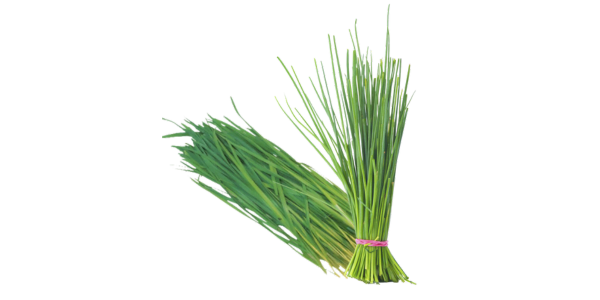
Chives have a mild oniony flavor and a delicate texture. They are best used fresh as a garnish or in dishes not cooked for an extended period. They are a great alternative to onion powder. Use 3 tablespoons of chopped chives for every 1 tablespoon of onion powder.
10. Fennel Bulbs
Fennel bulbs have a licorice-like flavor with a hint of onion. They are often used in Italian and Mediterranean cuisine. To use fennel bulbs instead of onion powder, use 1 teaspoon of minced fennel bulb for every 1 tablespoon of onion powder.
How to Make Onion Powder
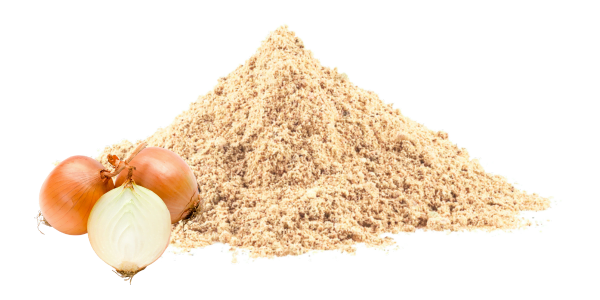
Making your own onion powder is a simple process that can be done at home with minimal effort. All you need are fresh onions, a dehydrator or a low oven, and a food processor or spice grinder.
Preheat your dehydrator to 145 degrees Fahrenheit or set your oven to its lowest setting. Then, thinly slice the onions and place them on the dehydrator trays or a baking sheet lined with parchment paper. Dehydrate the onions for 4-6 hours or until completely dry.
Once the onions are dry, grind them into powder using a food processor or spice grinder. Store the onion powder in an airtight container in a cool, dark place for up to 6 months.
Conclusion
Whether you are running low on onion powder or want to try a more natural alternative, many great substitutes are available. Dried onion flakes, granulated onion, shallots, chives, and fennel bulbs are all excellent options that add onion flavor to your dishes without using onion powder.
When choosing a substitute, it is essential to consider the flavor profile of the dish you are making. For example, if you are making a savory dish, such as a stew or soup, you may want to use a more concentrated substitute, such as onion paste or fennel bulb. If you are making a dish that is more delicate in flavor, such as a salad or a stir-fry, consider using a milder substitute, such as shallots or chives.
No matter which substitute you choose, start with a small amount and add more to taste. This will help you to avoid overpowering your dish with onion flavor.



